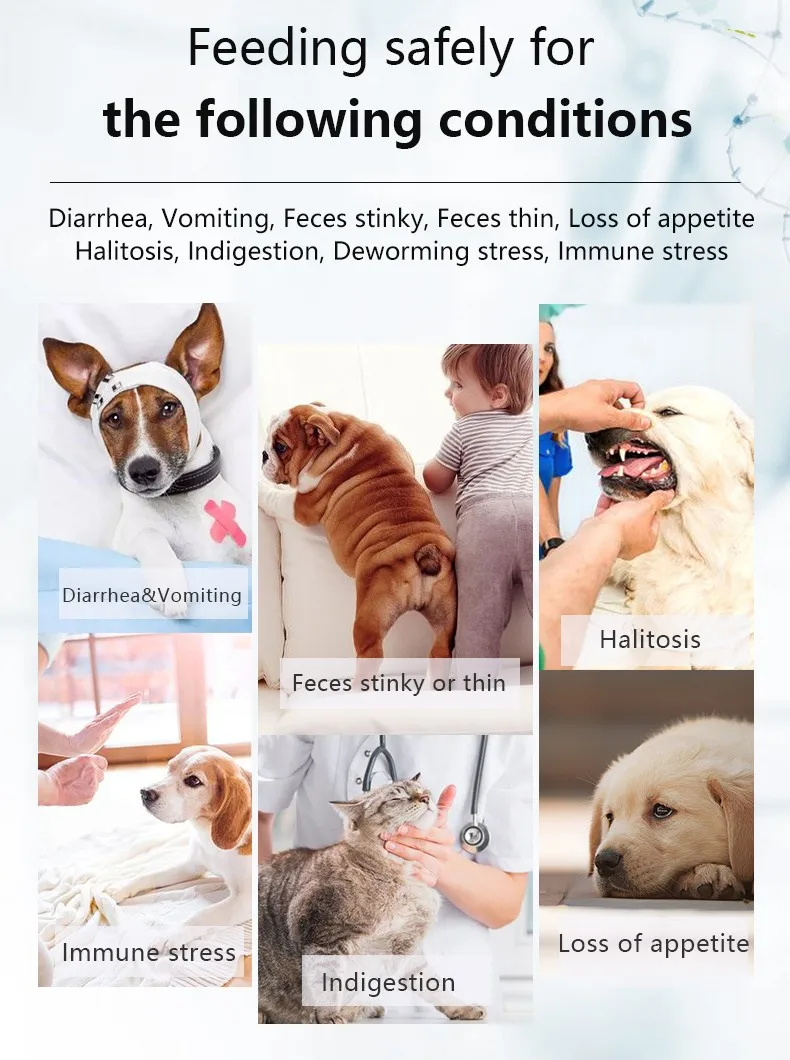Understanding Anticipatory Grief for Pets: A Guide to Coping with the Emotional Journey
---Anticipatory grief for pets is a profound emotional experience that many pet owners face as they prepare for the inevitable loss of their beloved compani……
---
Anticipatory grief for pets is a profound emotional experience that many pet owners face as they prepare for the inevitable loss of their beloved companions. This type of grief often begins when a pet is diagnosed with a terminal illness or is showing signs of aging, prompting owners to start processing their feelings of loss even before it occurs. In this article, we will explore the concept of anticipatory grief for pets, its psychological impacts, and effective coping strategies to help you navigate this challenging time.
#### What is Anticipatory Grief for Pets?
Anticipatory grief for pets refers to the feelings of sorrow, anxiety, and sadness that arise when pet owners realize their furry friends may not have much time left. This grief can surface long before the actual loss occurs, leading to a complex emotional landscape that includes feelings of guilt, helplessness, and fear. Understanding this phenomenon is essential for pet owners as it allows them to validate their emotions and seek appropriate support.
#### The Emotional Impact of Anticipatory Grief for Pets

When faced with the reality of losing a pet, owners may experience a range of emotions. These can include sadness, anger, and even denial. The emotional toll can be exacerbated by the bond shared with the pet, as many view their animals as family members. The anticipation of loss can lead to feelings of isolation, as others may not fully understand the depth of the bond between a pet and its owner.
#### Coping Strategies for Anticipatory Grief for Pets
1. **Acknowledge Your Feelings**: The first step in coping with anticipatory grief for pets is to acknowledge and accept your feelings. Understand that it's normal to feel a mix of emotions during this time.
2. **Create Lasting Memories**: Spend quality time with your pet and create memories that you can cherish. Take photos, write down your favorite moments, or even create a scrapbook that celebrates your pet's life.

3. **Seek Support**: Don’t hesitate to reach out to friends, family, or support groups who understand the bond you share with your pet. Sharing your feelings can provide comfort and validation.
4. **Consider Professional Help**: If your grief becomes overwhelming, consider speaking with a therapist who specializes in pet loss. They can provide you with coping mechanisms tailored to your situation.
5. **Prepare for the Future**: While it may be difficult, planning for your pet's end-of-life care can help ease some anxiety. Discuss options with your veterinarian and consider what would be best for your pet's quality of life.
6. **Practice Self-Care**: During this emotionally taxing time, it’s essential to take care of yourself. Engage in activities that bring you joy and relaxation, whether it’s going for a walk, practicing mindfulness, or spending time with loved ones.

#### Conclusion
Anticipatory grief for pets is a unique and challenging experience that many pet owners face. By understanding this emotional journey and implementing coping strategies, you can navigate this difficult time with grace and compassion for both yourself and your beloved pet. Remember, it’s okay to grieve, and seeking support is a sign of strength. Cherish the moments you have together, and know that the love you share will always remain in your heart, even after your pet has crossed the rainbow bridge.